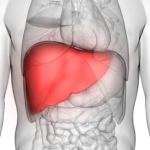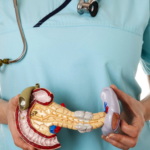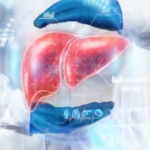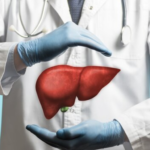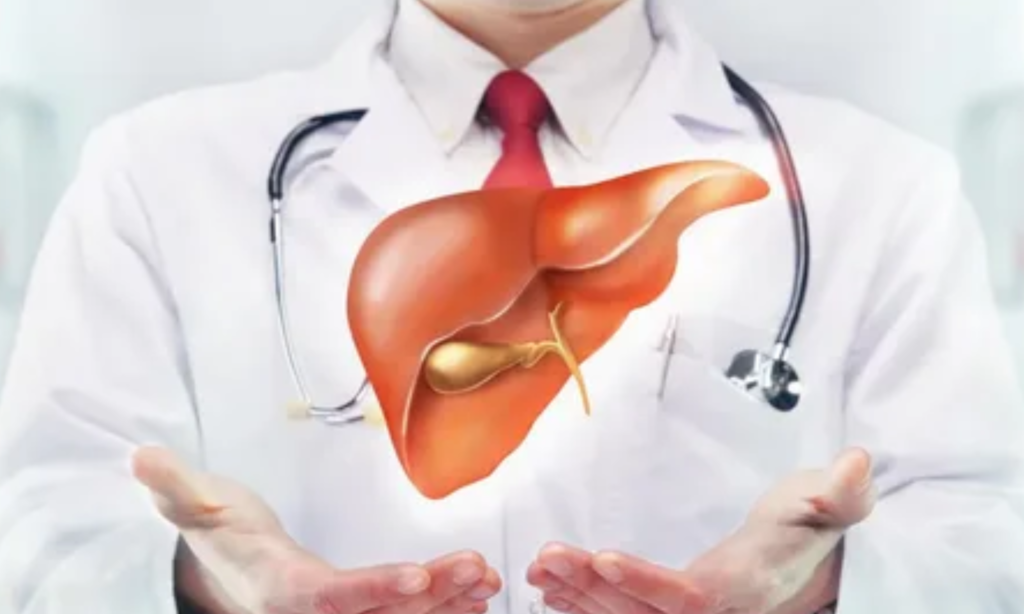
Hepatology is a branch of medicine that focuses on the study, diagnosis, and treatment of diseases related to the liver, gallbladder, biliary tree, and pancreas. The liver is a vital organ that plays a crucial role in various bodily functions, including metabolism, detoxification, and the production of essential proteins. Understanding liver health is important because liver diseases can have significant impacts on overall health and quality of life.
The Role of the Liver in the Body
The liver, a sizable, reddish-brown organ, is situated in the upper right part of the abdomen. It performs several essential functions, including:
- Metabolism: The liver processes nutrients absorbed from the digestive tract. It converts carbohydrates into glucose, which provides energy, and stores glucose as glycogen for future use.
- Detoxification: The liver detoxifies harmful substances, including drugs and alcohol, and removes waste products from the blood.
- Protein Production: The liver produces important proteins, such as albumin, which helps maintain fluid balance, and clotting factors, which are essential for blood clotting.
- Bile Production: The liver produces bile, a substance that helps digest fats and absorb fat-soluble vitamins in the small intestine.
- Storage of Vitamins and Minerals: The liver stores essential vitamins and minerals, including vitamins A, D, E, K, and B12, as well as iron and copper.
Common Liver Diseases
Liver diseases can range from mild conditions to severe, life-threatening illnesses. Some common liver diseases include:
- Hepatitis: Hepatitis is inflammation of the liver, often caused by viral infections (hepatitis A, B, C, D, and E). It can also result from excessive alcohol consumption, toxins, and autoimmune diseases.
- Fatty Liver Disease: Fatty liver disease occurs when excess fat accumulates in the liver. It can be caused by obesity, diabetes, high cholesterol, and excessive alcohol consumption. Non-alcoholic fatty liver disease (NAFLD) stands as the most prevalent type of liver condition.
- Cirrhosis: Cirrhosis is a chronic condition where healthy liver tissue is replaced by scar tissue, impairing liver function. It can result from chronic hepatitis, alcohol abuse, and other liver diseases.
- Liver Cancer: Primary liver cancer, also known as hepatocellular carcinoma (HCC), originates in the liver cells. It often develops in the context of chronic liver diseases like cirrhosis and hepatitis.
- Liver Failure: Liver failure occurs when a large part of the liver becomes damaged and can no longer function properly. It can be acute (sudden onset) or chronic (develops over time).
Symptoms of Liver Disease
Symptoms of liver disease can vary depending on the specific condition and its severity. Common symptoms include:
- Jaundice: Yellowing of the skin and eyes occurs when elevated levels of bilirubin are present in the bloodstream.
- Fatigue: Persistent tiredness and weakness.
- Abdominal Pain and Swelling: Pain or discomfort experienced in the upper right area of the abdomen, often accompanied by swelling, known as ascites.
- Nausea and Vomiting: Experiencing nausea and vomiting.
- Loss of Appetite: Reduced desire to eat.
- Itchy Skin: Persistent itching without an obvious trigger.
- Dark Urine and Pale Stools: Dark-colored urine and light-colored stools.
Prevention of Liver Disease
Preventing liver disease involves adopting healthy lifestyle habits and reducing risk factors. Some preventive measures include:
- Vaccination: Vaccination against hepatitis A and B can prevent these viral infections.
- Safe Practices: Practicing safe sex, avoiding sharing needles, and ensuring blood products are screened can reduce the risk of hepatitis.
- Healthy Diet: Eating a balanced diet rich in fruits, vegetables, whole grains, and lean proteins can support liver health.
- Moderate Alcohol Consumption: Limiting alcohol intake can reduce the risk of liver damage.
- Regular Exercise: Engaging in regular physical activity can help maintain a healthy weight and reduce the risk of fatty liver disease.
- Avoiding Toxins: Limiting exposure to toxins, such as certain chemicals and medications, can protect the liver.
Summary:
Hepatology plays a crucial role in the field of medicine, specializing in the study and treatment of liver diseases. By understanding the liver’s functions, recognizing the symptoms of liver disease, and adopting preventive measures, individuals can maintain better liver health and overall well-being. For expert advice and treatment related to liver health, consult Dr. Prasad Bhate at the Dr.Bhate’s Gastro Liver Clinic, located in Baner, Pune.
Maintaining liver health is essential for a healthy life, and taking proactive steps can make a significant difference in preventing and managing liver diseases.
